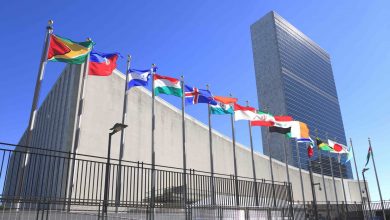
The Nigeria Police I Knew
Tope Adaramola
Events of most recent days in our nation is no doubt a pointer to the growing public discontent that has been building up over the years, due to bad successive leadership that the country has come under.
The story of our nation is sordid and the future appears gloomy, unless something is done to redress the anomie. But what our leaders have failed to realize is that there is a limit to human endurance.
The ballooning EndSARS protest is making it glaringly clear that there is surely no firepower that can subdue the fury of the masses. But while we are still in the heat of this blitzkrieg, which is a buildup of reactions particularly to the draconian and predatory conduct of the Special Anti Robbery Squad of the Nigeria Police, the fact must be stressed that there is no point in recent years that the existence and state of the Nigeria Police should be under scrutiny and reformation than now, going by the fact that SARS itself is metaphorically one of the sore thumps of a leprous hand.
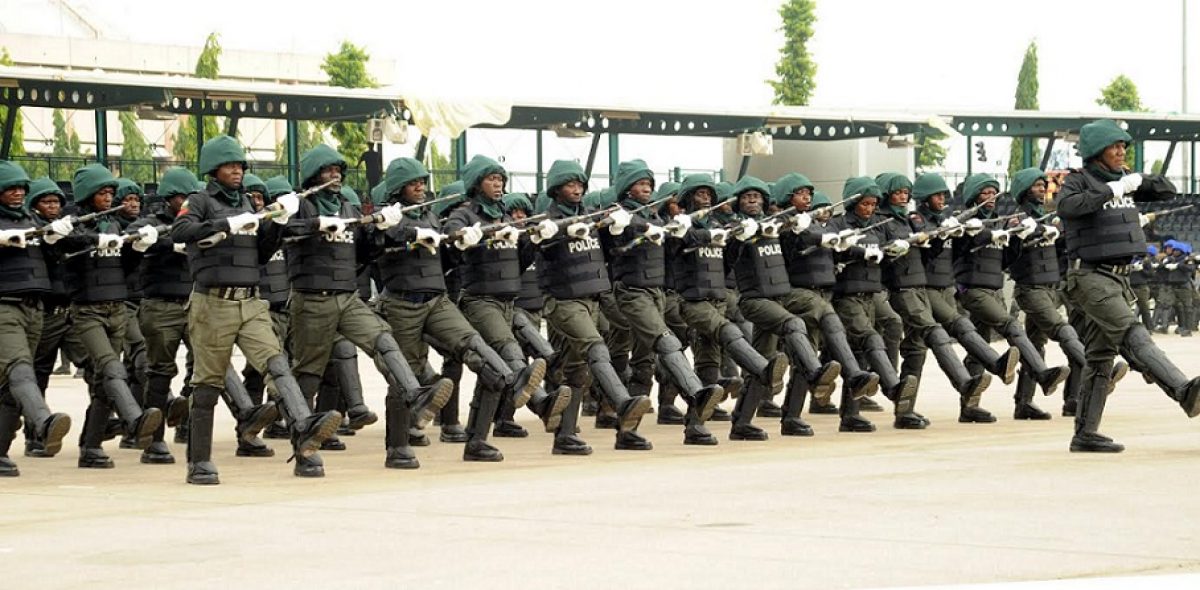
The call for total overhaul of the Police institution is a matter that should be given urgent attention, especially when considering what the institution used to be, precisely few years after our independence and how cardinal it should be towards any genuine march to an orderly and progressive society.
Looking back, I am full of nostalgia of life growing up in the barracks in the 70s. Having been born by a father who was a police man conferred me the privilege of being called a “barrack boy and this gave me some measure of exposure or glimpse to the state of the police institution that time.
Although my father retired in 1979, just as I was about to enroll in Form One (equivalent of JSS 1), the memory of the regimented barracks life remains fresh in my memory. Although the Police Force then had a tinge of the colonialists hangover, it was incomparable to what we have today by any jot of standards.
The barracks was designed to culture the life of the policemen with the rules of civility. The regimental lifestyle was to minimize social interaction with the public and reduce conviviality that may lead to them being corrupted. The barracks was a dreaded and sacred habitation too as it was a melting pot of diverse tribes, people and cultures. It was Nigeria in microcosm and we were in a world of our own!
Everyone had the collective duty to keep the barracks clean and safe. Just as there were entrenched departments saddled with discipline, same goes for hygiene and general cleanliness. I cannot easily forget the famous barracks inspection every forthrightly.
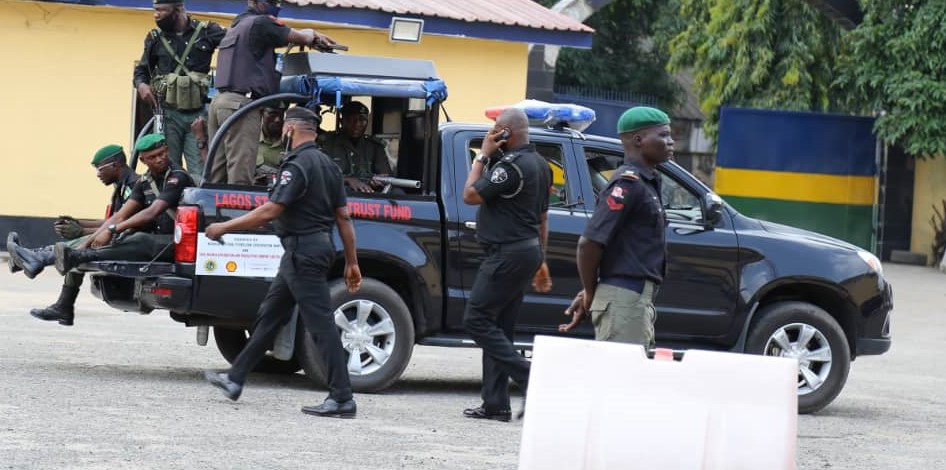
Preparation for the exercise which held on Saturday mornings often started a week before by every family. Papa would put all family members on their toes and it was most apparent to all that he was not ready to brook any lax from anyone, as he told us that that was the easiest way to get any officer into trouble with the higher command. The inspection day was also used as an avenue to sniff information about every officers compliant with the ethics of sound moral discipline and incorruptibility. No one lived in the barracks displaying affluence beyond his salary and position.
Aside from the legion of officers who conducted the inspection, one figure you could never miss was the Regimental Sergeant Major(RSM). Its was if the position or rank, which has long been struck off the ranks of the police, was meant for the mean ones in the rank and file. His stern looks, accentuated by well barbed thick moustache drove instant fear into anyone including his mates and sometimes seniors. They were the disciplinarians and custodian of discipline in the force.
They ensured no one crosses the line of laid down ethical conduct. It was obvious they respected the wives of the officers and men as this became obvious during the inspection. Most often the inspecting team would stop to ask the woman if all was well in the home. If there were issues, the officer would be mandated to see them at the welfare department after the inspection.
Although there may be some bad eggs at that time, but the degree of decay was low. There was fear that someone was somewhere spying on you at every point in time. I remember vividly the story of a neigbour who worked in the works department.
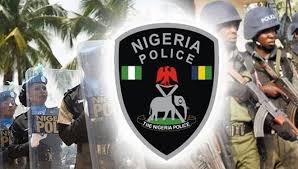
There snippets of information that he had just bought a new motorcycle and a landed property which he could not account for. The result was his being charged to orderly room and eventually he was shown the way out of the police. That was the Nigeria Police we had then.
In terms of social life, the barracks was a haven. The system ensured psychological balance and social interaction between offices and other families, particularly through well planned programs such as “Waza” night and film shows by the Public Relations Department. Venue of the film shows were often packed full by outsiders too who also wanted to have a feel of the un common rendezvous.
Of course I must not forget the recreation centre. This was a common feature of every barracks. It was the first point of accommodation for officers and men who may just have been transferred to a jurisdiction or division without ready-made accommodation.
Some get so fascinated by life in the transit recreation centre to the extent that they were glued to the place even after their accommodation might have been sorted out. No officer was expected to be frustrated as a result of being transferred to a new duty post.
This offered a great deal of emotional comfort to the officers and men, unlike what we have today, where an officer is transferred from Sokoto to Abeokuta without any monetary motivation or where to lay his head with his family.
Reflecting on just these few aspects of police administration could get one emotional about where we missed it and how the police force has stride so badly down the precipice. I will refrain from making a rehash of the legion of problems today besetting the police, but its good we have an idea of the fact that the police institution began its descent with the incursion of the military into the political landscape. The Police was shoved down in the order of precedence to accommodate the emergent military class.
There were obviously calculated attempt over the years to ensure the police force was vegetated. They underfunded the Police and degraded the morale of the men gradually by allowing for infrastructural decay in the system. But this is not enough rationalization as over 20 years of the nations democracy the situation with the Police has continued to grow worse.
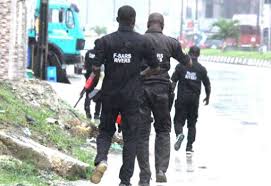
The police of today is suffering from emotional deficit, leading to some of the transferred aggression we are all rising up against today. It lacks resources and operational capability to properly perform its duties. Upon all, we have increasing rot of corruption from the bottom right to the high echelon of the institution.
The police force is in an intractable web and now is the best time to cash in on the mood of the times to cure the rot. In our quest, we should be consistent in raising the question: how did we get here? How did we get to the point that officers and men would have to part with their hard earned money to procure uniforms and accessories?
How did we get to the point that officers and men would be responsible for fueling their official or patrol vehicles from their pockets? How did we get to the point that each police station would be bereft of modern basic communication platforms such as the internet with which they could exchange information in order to combat the sophisticated crimes that are evolving every day?
How did we get to the point that merit would have to be jettisoned on the altar of patronage and greasing of palms from the higher officers? We need to initiate a convocation where the finest details of this derailment would be discussed and final solutions found for the begging questions and even more to emerge. Who knows, this could just be the desired window for our hope for an orderly and sane society, of which the police force is a critical player.
Tope Adaramola is a Public Relations practitioner






